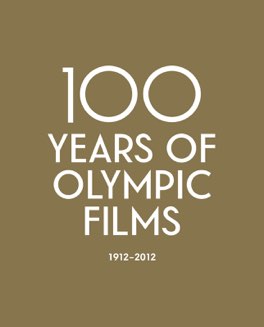LENI RIEFENSTAHL
Olympia
I’m having a lot of trouble coming up with coherent thoughts about this film. Which isn’t particularly surprising, I expected it to be a tough one. What is surprising, is why I’m having so much trouble. I’m not sure, in retrospect, what my expectations were. It’s a dangerous game, of course, expectations. I know I had some. Certainly. They weren’t fully formulated though, mainly I expected a lot of propaganda, and to feel conflicted about the disconnect between the propaganda and the quality of the film. That isn’t what happened at all.
For the uninitiated, the 1936 Olympic Games were held in Nazi Germany. When the games were awarded to Berlin, Germany was still at the tail end of the interwar Weimar Republic, but in the intervening years Hitler had come to power. Various countries threatened to boycott the games, but the United States Olympic Committee, under Nazi sympathizer, and general all-around horrible human, Avery Brundage, gave the games their full support. The Nazi’s allowed one token half-Jewish athlete to join their team, and the rest is history.
I had heard this film was one of the most important documentaries ever made. That is helped created modern documentary film. It’s far more famous for its stature as a work of cinematic genius than for its subject matter. What I suppose I expected, was a brilliantly constructed film intended to legitimize Nazi ideology. I know that’s what Nazi Minister of Propaganda, Joseph Goebbels was expecting. I was completely unprepared for a film that, as far I can tell, doesn’t include much propaganda at all.
Certainly it features shots of Hitler, and other top-ranking Nazi officials. That’s hardly surprising given the games were held in Nazi Germany. We saw just as many shots of the Queen of The Netherlands in the previous film. But there just wasn’t much glorification of “Aryanism", or pushing of racial agendas. The film goes out of its way to celebrate the accomplishments of African-American athlete Jesse Owens, and you could argue it intentionally undermines portions of Nazi ethos.
As I said, I don’t know what to make of all this. On the one hand, it was still super unsettling to see the Swastikas everywhere, and the Nazis, and the crowds joyfully giving fascist salutes. On the other hand, this is by far the best film that has yet appeared in this series. It’s a super compelling documentary, that presents the games in a way that makes them interesting even today. I don’t really have a conclusion. I’ll end by saying that I’m extremely glad I watched this film, even if it’s left me mostly confused as to how I feel.
